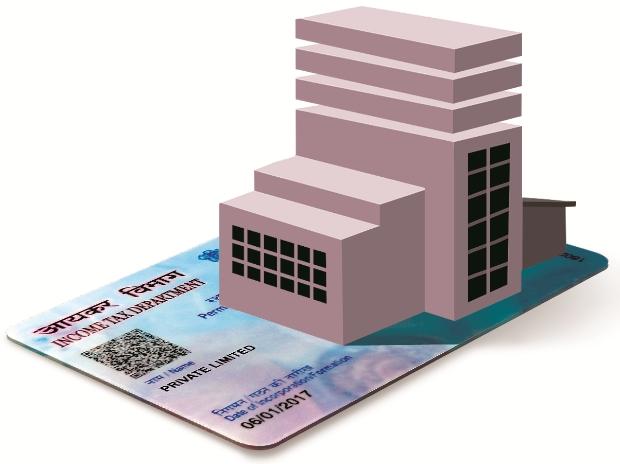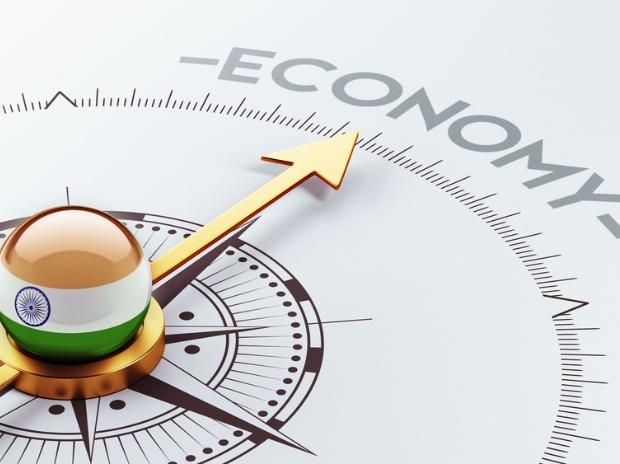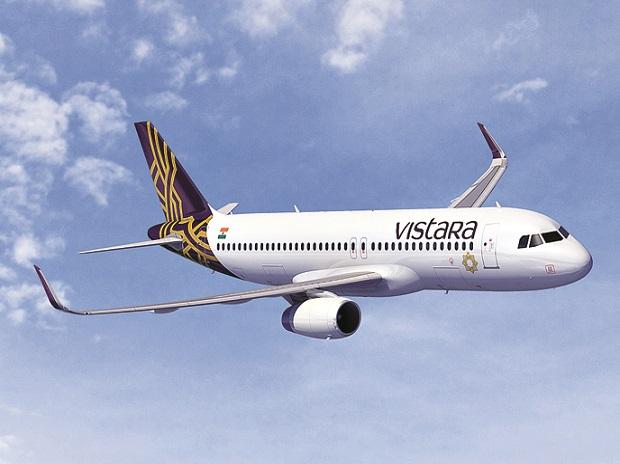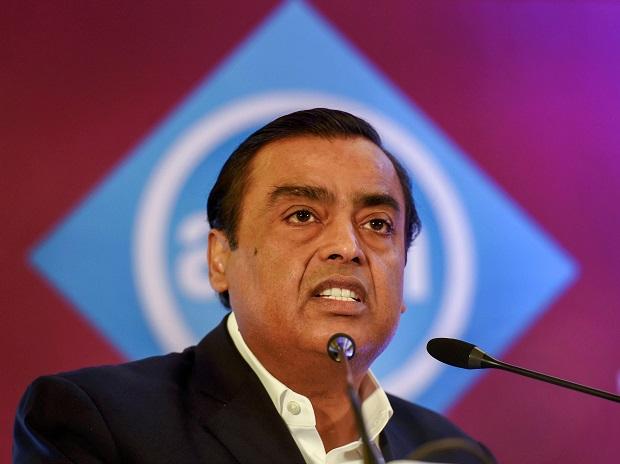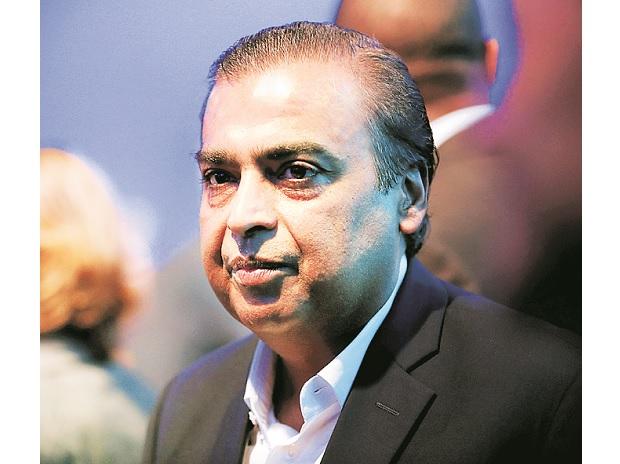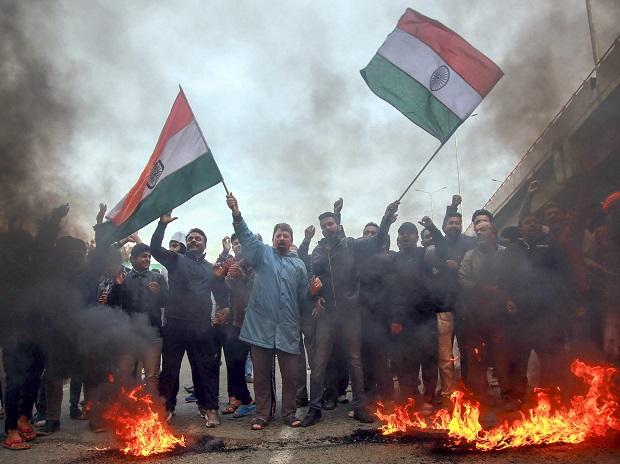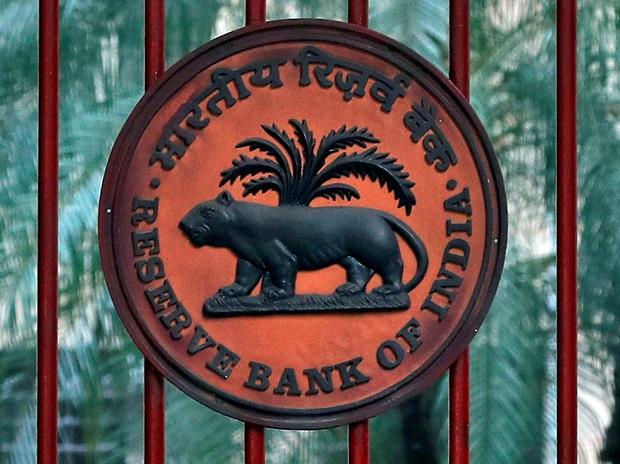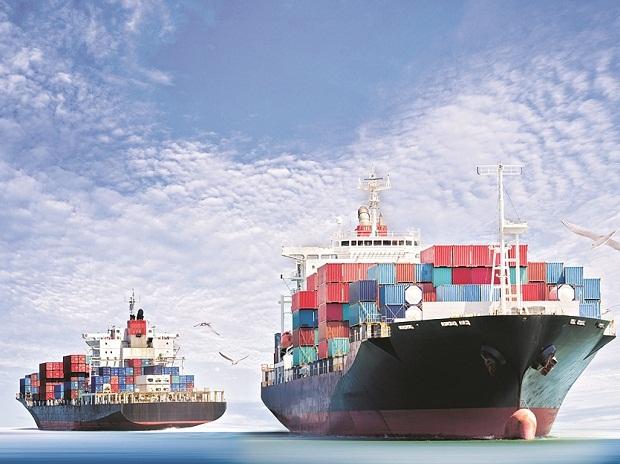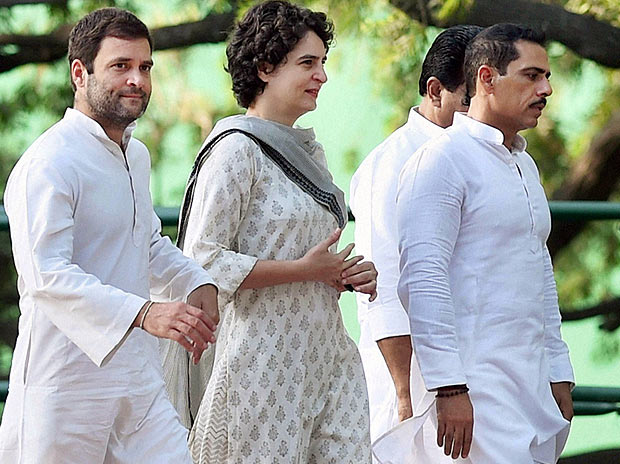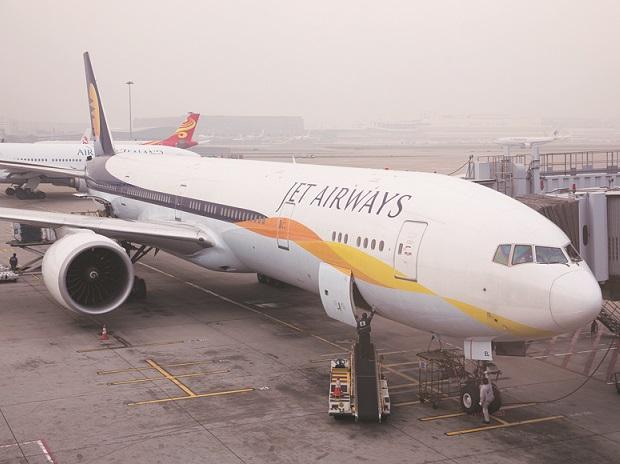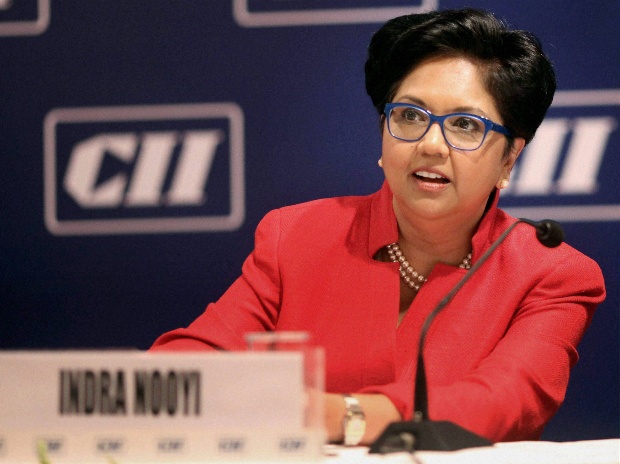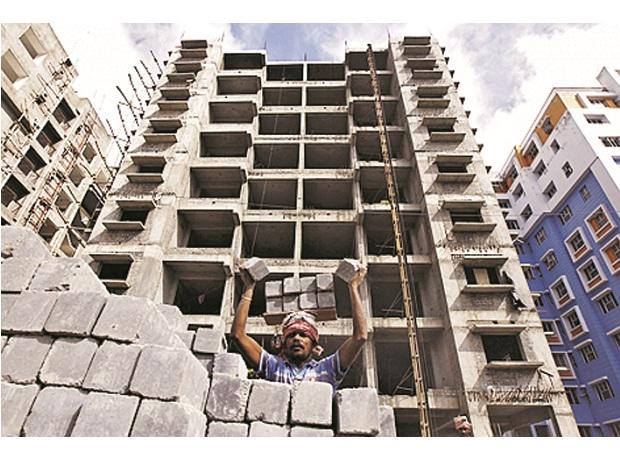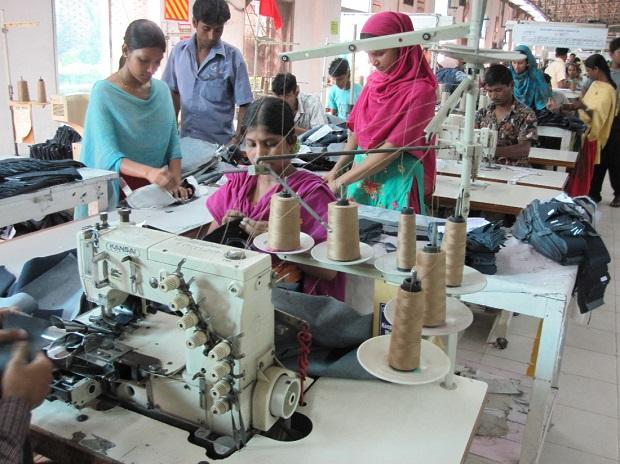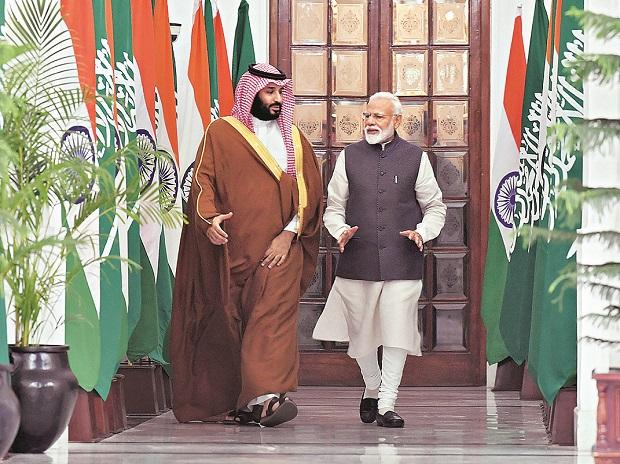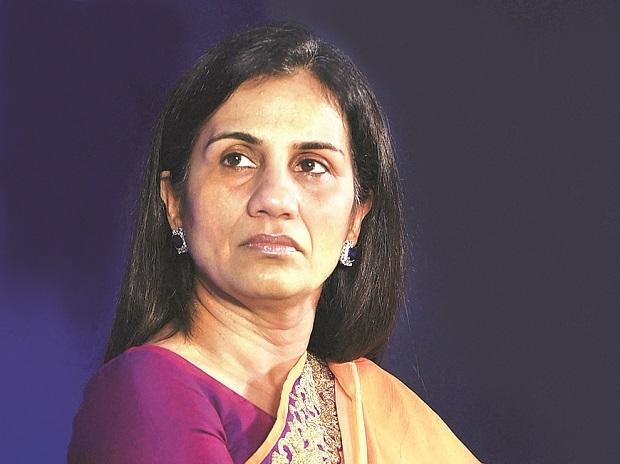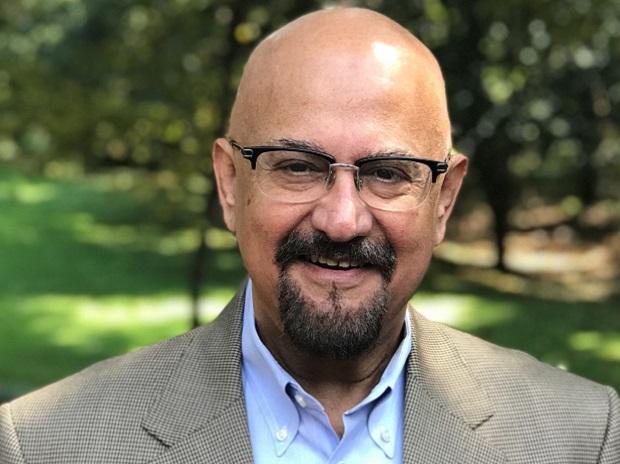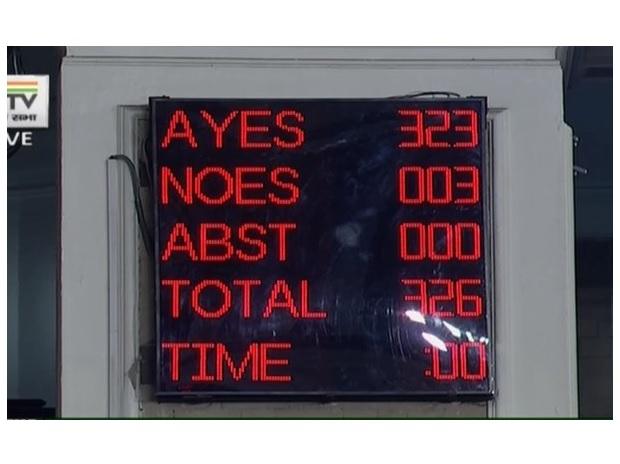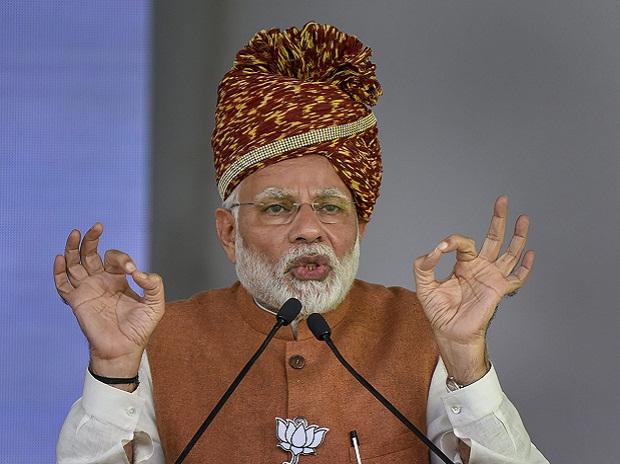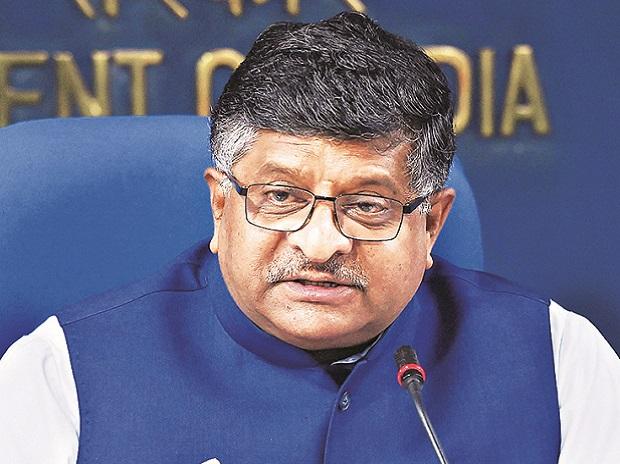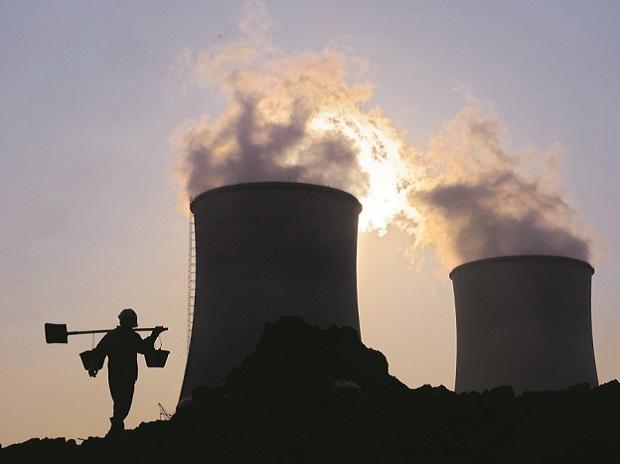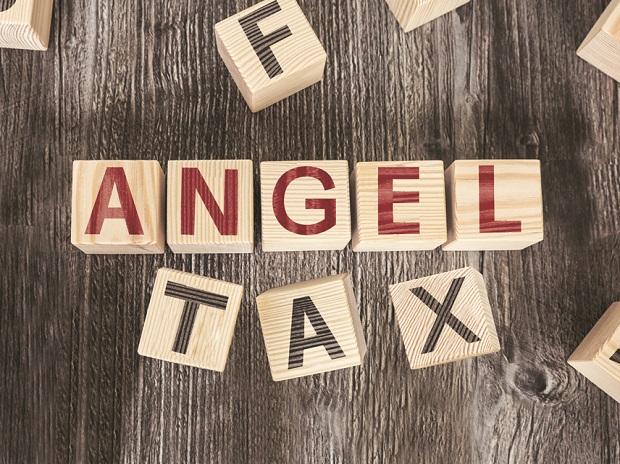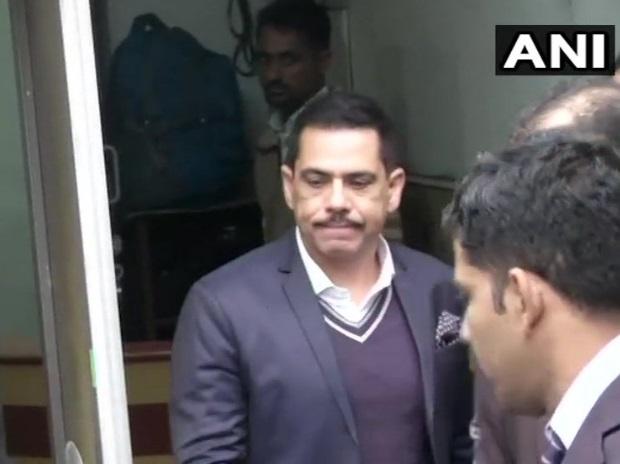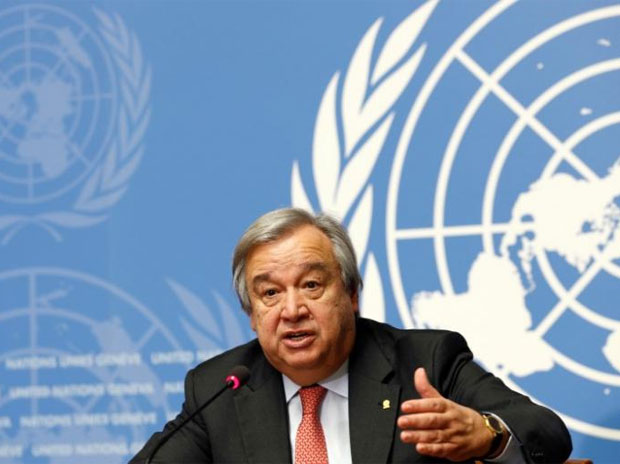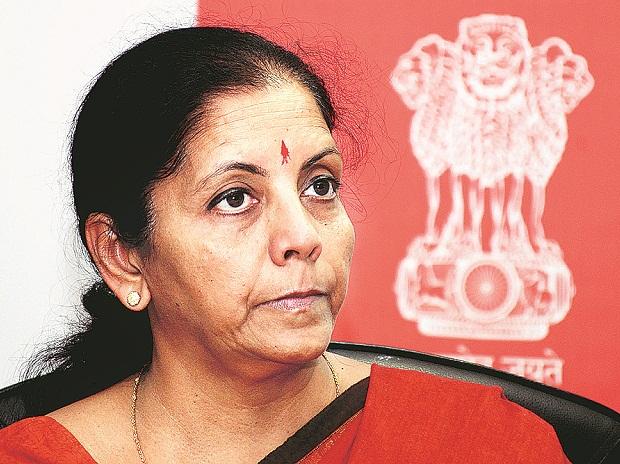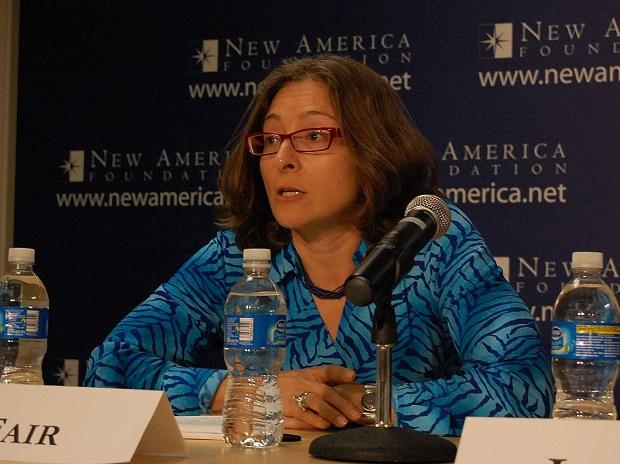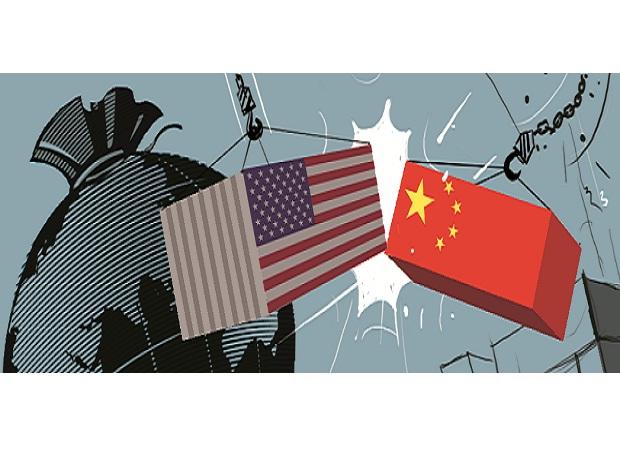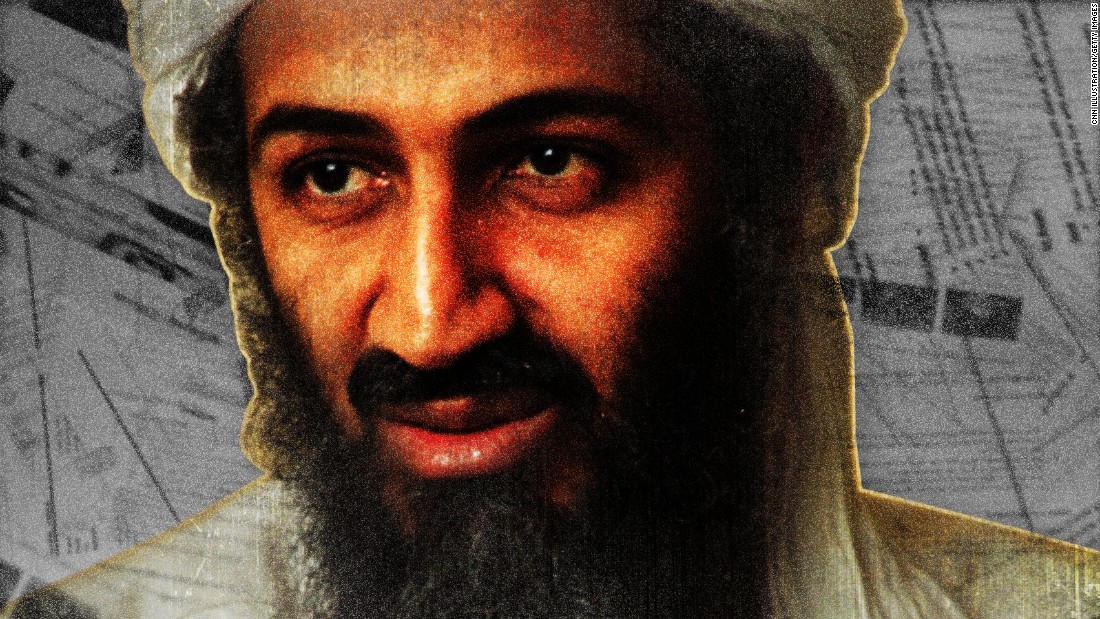
Current Affairs:
The United States on Thursday offered a $1 million reward for information on a son of late Al-Qaeda leader Osama bin Laden, seeing him as an emerging face of extremism.The location of Hamza bin Laden, sometimes dubbed the "crown prince of jihad," has been the subject of speculation for years with reports of him living in Pakistan, Afghanistan, Syria or under house arrest in Iran.
"Hamza bin Laden is the son of deceased former AQ leader Osama bin Laden and is emerging as a leader in the AQ franchise," a State Department statement said, referring to Al-Qaeda.
The State Department said that it would offer $1 million for information leading to his location in any country.
Bin Laden, who according to the United States is around 30, has threatened attacks against the United States to avenge the 2011 killing of his father, who was living in hiding in the Pakistani garrison town of Abbottabad, by US special forces.
US intelligence agencies increasingly see t he younger bin Laden as a successor to his father for the mantle of global jihad, especially as the even more extreme Islamic State group is down to its last sliver of land in Syria.
In 2015, bin Laden released an audio message urging jihadists in Syria to unite, claiming that the fight in the war-torn country paves the way to "liberating Palestine."
And in a message a year later, following in the footsteps of his father, he urged the overthrow of the leadership in their native Saudi Arabia..Read More

